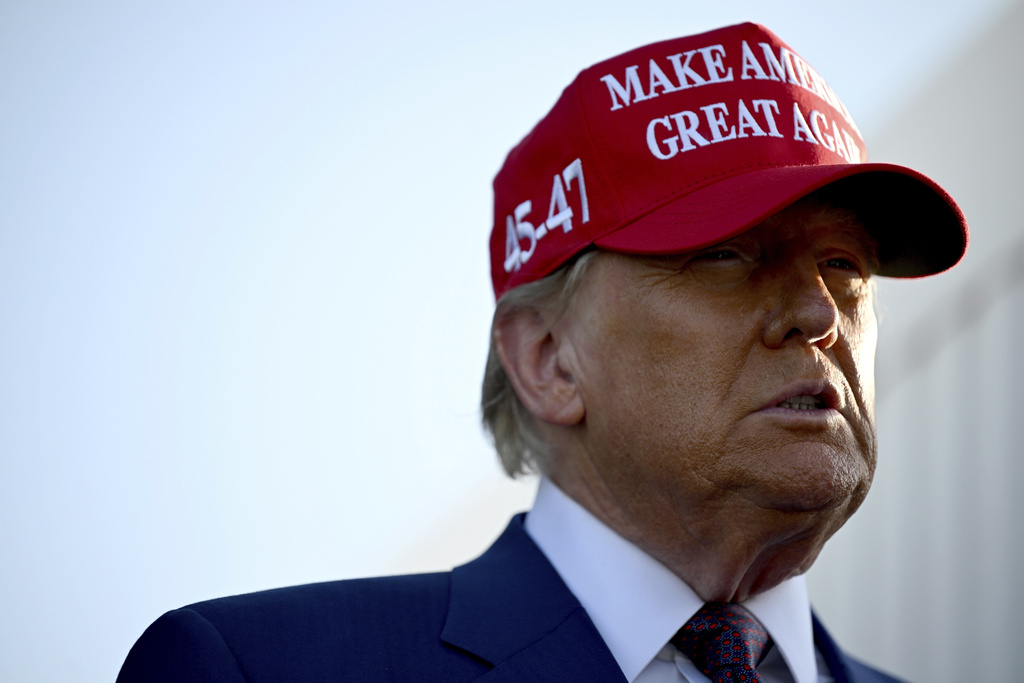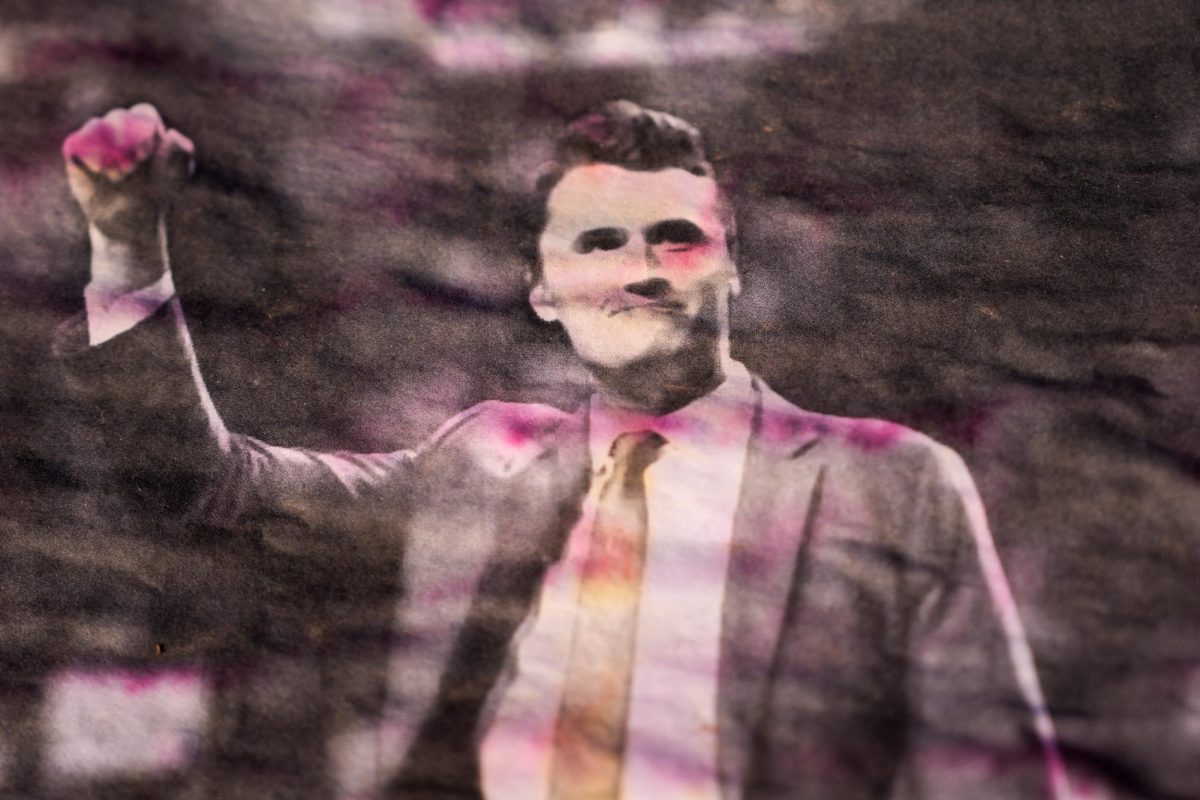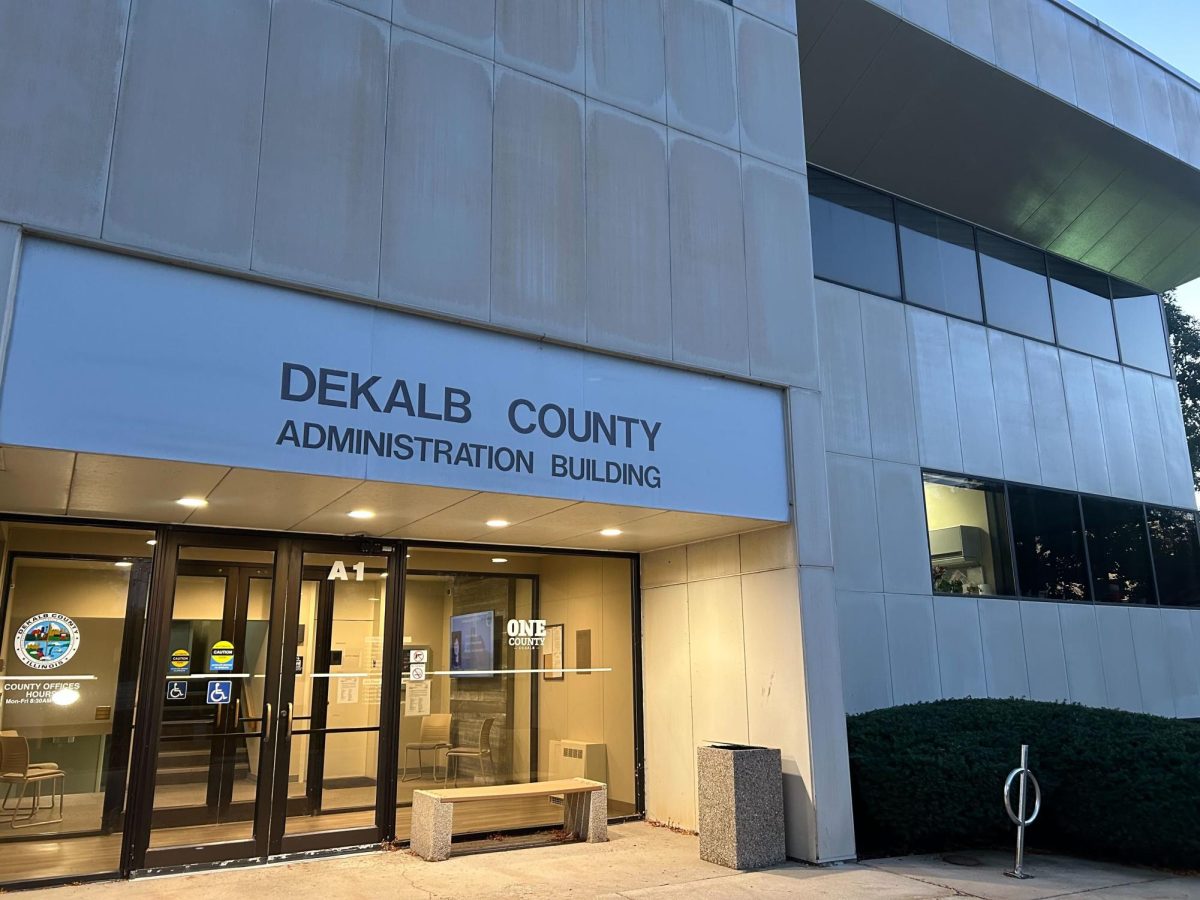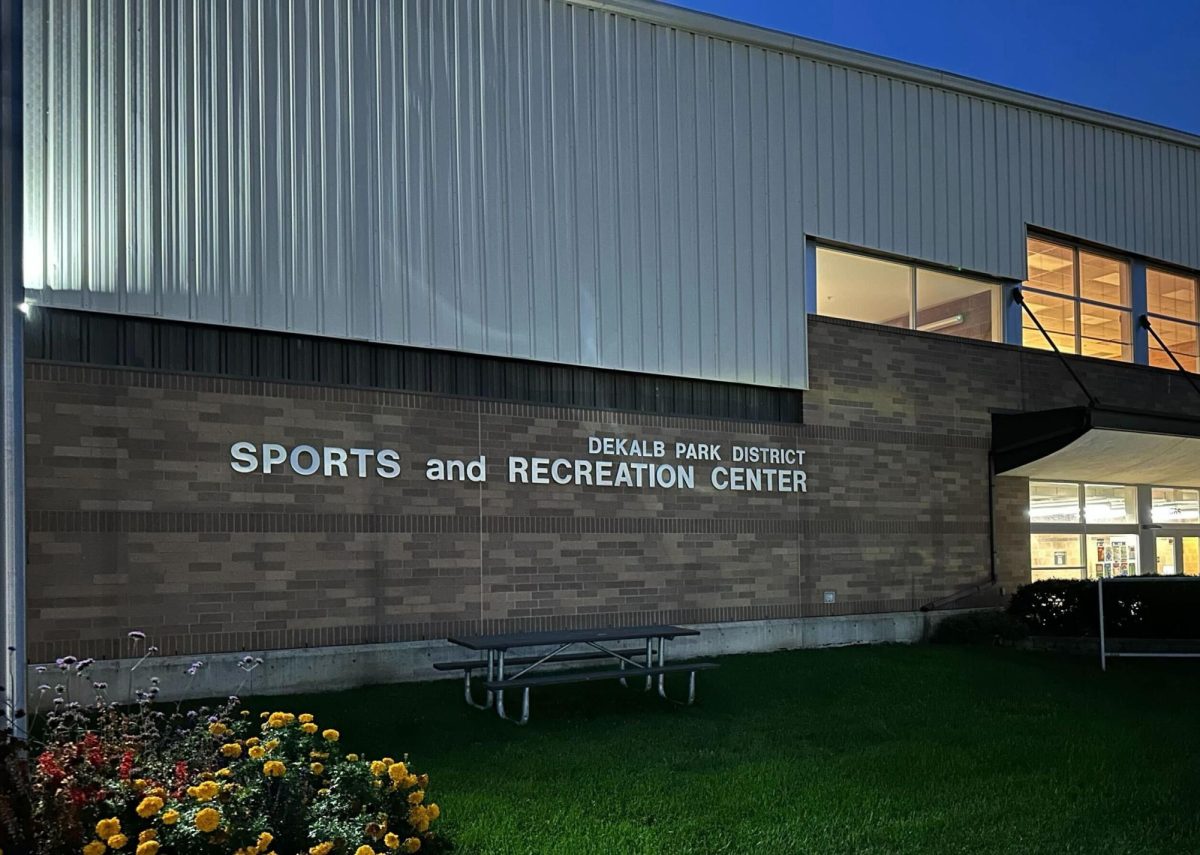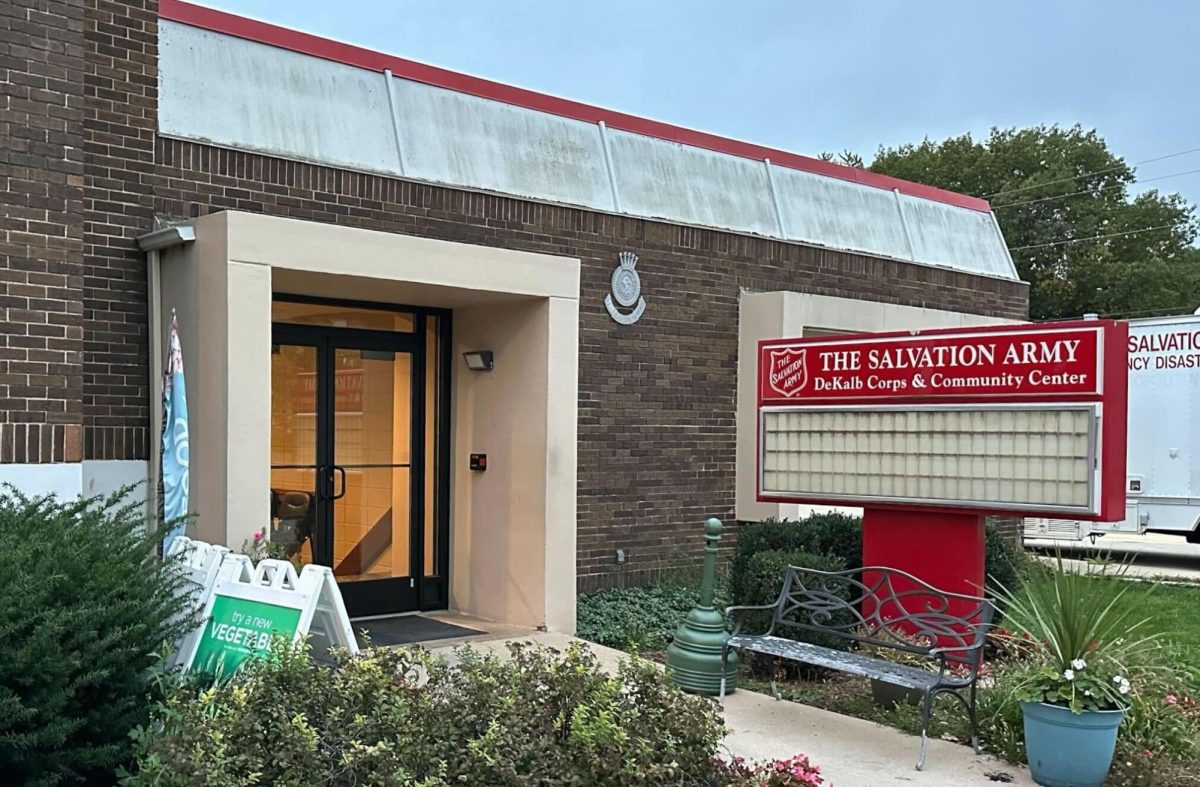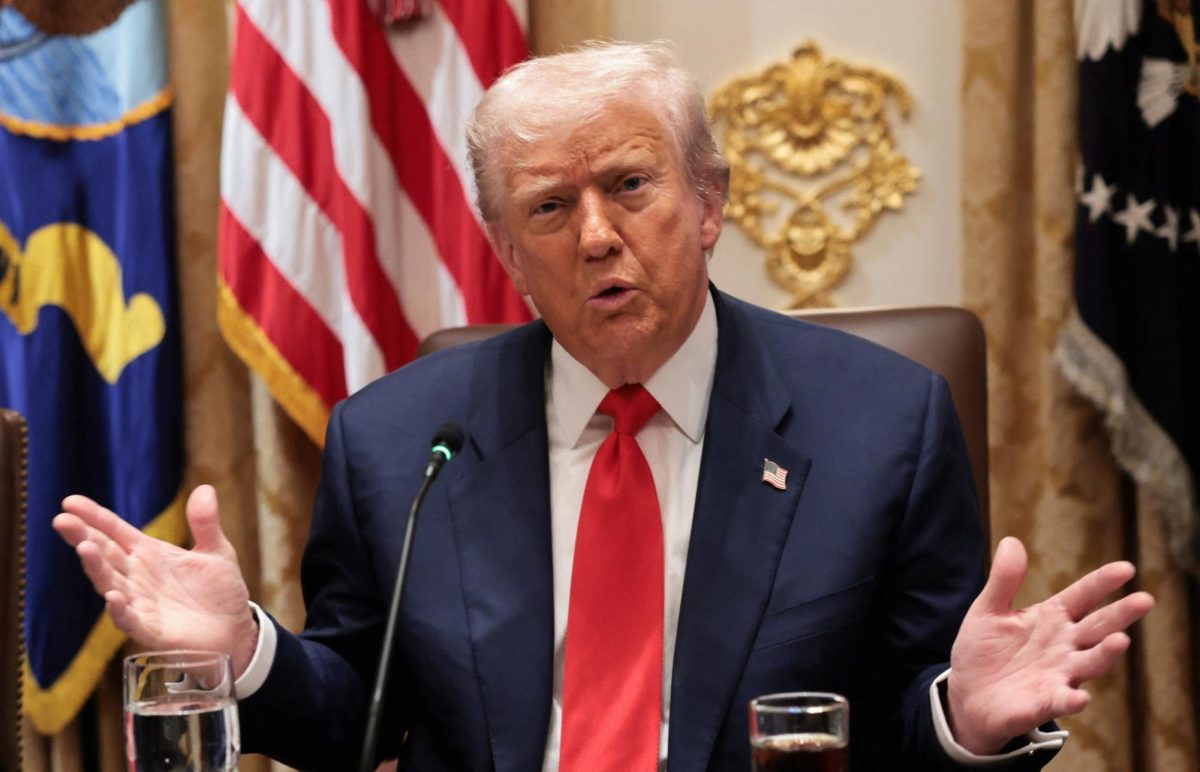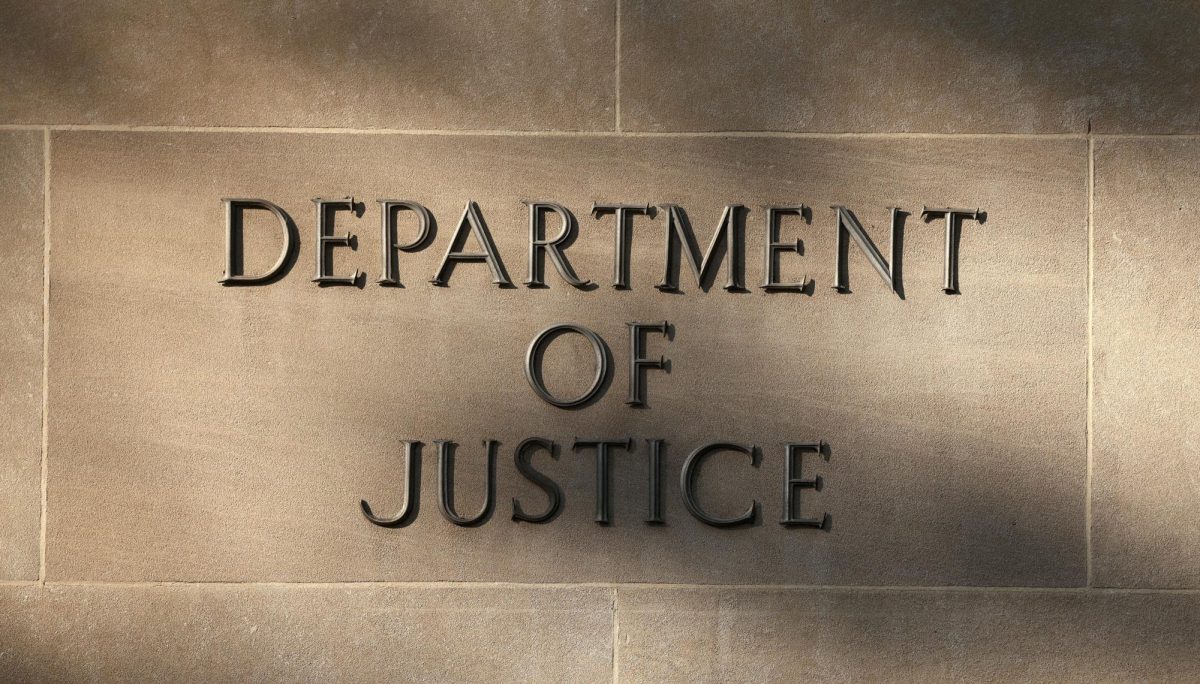DeKALB – On Aug. 11, Washington, D.C. was put under military occupation as part of an effort by President Donald Trump to crack down on crime in the nation’s capital.
“I’m announcing a historic action to rescue our nation’s capital from crime, bloodshed, bedlam and squalor,” Trump said during a press conference. “This is liberation day in D.C. and we’re going to take our capital back.”
Many residents near the Washington area protested the act, calling it unconstitutional and a step toward authoritarianism.
Over 2,000 National Guard soldiers were activated in the Washington area along with the Washington metropolitan police, who were also placed under federal control.
The move was met with some confusion as crime in Washington has declined in the last few years. According to the Washington Metropolitan Police Department, total violent crimes decreased by 27% from 2024 to 2025.
Overall, violent crime in Chicago also decreased, falling 21.6% since 2024 according to a press release from the office of Mayor Brandon Johnson.
President Trump confirmed Tuesday that he plans to send National Guard troops to Chicago to fight crime, despite previously stating that he would not do so unless it were requested by Governor JB Pritzker.
“We’re going in (Chicago),” Trump said to reporters in the Oval Office. “I didn’t say when.”
Pritzker strongly disagreed with Trump’s plan to send National Guard troops to Chicago when it was originally announced and still holds firm in his position.
“No, I will not call the president asking him to send troops to Chicago,” Pritzker said Tuesday at a news conference. “I’ve made that clear already.”
This follows a ruling made by a federal judge on Tuesday which stated that President Trump’s administration broke federal law by sending National Guard troops to Los Angeles in response to protests against immigration raids in early June.
Political science professor Scot Schraufnagel discussed his perspective on the ongoing situation and what these actions could implicate for the U.S.
“This is a classic move made by strong men,” Schraufnagel said. “We’ve seen this same sort of action, creating a police force, and it’s a political move. It speaks to the erosion of democracy, and an increase in authoritarian rule. I don’t know when it’ll be, but if things continue on the path we’re on, we’ll lose our status as a democracy and we’ll become an authoritarian government.”
Schraufnagel also highlighted the practical concerns of using federal troops to fight metropolitan crime.
“A police force is highly trained to learn how to diffuse conflict. Not exacerbate or create more, but how to diffuse conflict,” Schraufnagel said. “Now the concern is that the National Guard won’t have had that type of training right? They’ll be more likely to just maybe use strong arm tactics or something like that which is sort of counterproductive for what we know about effective community policing.”


